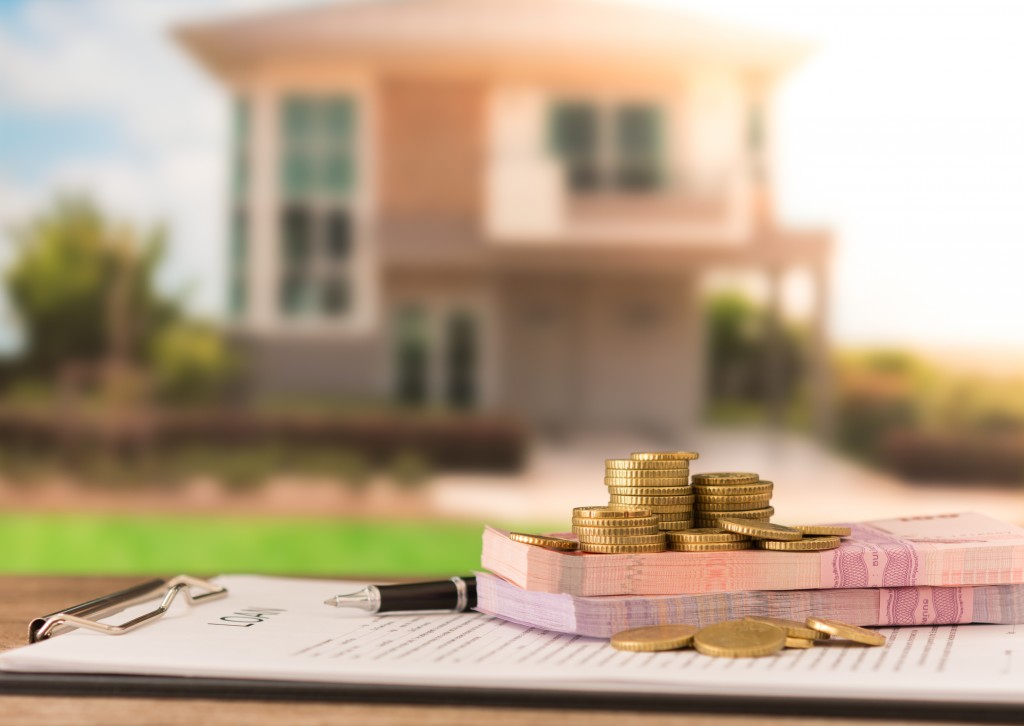The average age of first-time homebuyers in the United States is now 34 years old. In other words, many young adults spend most of their early professional lives renting. Some get married first before attaining homeownership.
If you are finally financially and psychologically ready to buy a house in the Beehive State, qualifying for home loans in Provo, Utah is not your biggest concern. It is choosing the right property.
Like other renters, you probably have your heart set on comparing starter homes. After all, they are traditionally less expensive and more affordable.
However, are starter homes still the most practical options available? They may be the cheapest on the market, but you might find a forever home a more viable choice.
Growing Competition
The demand for starter homes is rising for several reasons.
First, the inventory of these properties is still low. Second, real estate industry observers believe that there is a massive wave of potential buyers, so they will fight out the fewer starter homes for sale. Third, many of the buyers are investors who flip fixer-uppers or acquire residential properties for rent.
Combining all the said reasons, it is clear that starter home sellers have a lot of power at the negotiating table. The universally understood law of supply and demand drives property prices up. Starter homes are relatively economical still, but the great interest in them raises their values.
As a buyer, this is terrible news. If you are going to spend more than you initially expect to purchase your first house, you might as well save a bit more for a more significant property with weaker demand.
Fast Appreciation

The statistics show that the lower-third of the property market, where starter homes belong, has experienced more than 55.5% appreciation over the last five years. Again, it has happened in part because of the shortage of affordable houses and the growing demand.
If you are an owner, the fast rate of appreciation is a good thing, but if you are a buyer, it is not so much. While the logical side of you might think that a starter home is a viable instrument to build your wealth passively, it takes a lot of time before you can turn equity to cold cash.
Hidden Damage
Let us say that you gamble buying a starter home because its price is too attractive to pass up. Are you saving money choosing it over a bigger, better, and more expensive house? Initially, you might spend less, but you have to consider the potential renovation if the property you bought turned out to have dark secrets.
Improvements can quickly inflate the cost of your home ownership. Without surplus funds after closing your mortgage, your finances may not allow you to tackle the significant projects necessary to make it conveniently livable.
We Americans have a culture of moving around before nearing retirement, although millennials seem to be changing the norm. You should, however, start considering buying a house you can grow old in even if it is your first. Yes, a forever home is much harder to attain, but it is now the more sensible choice.


